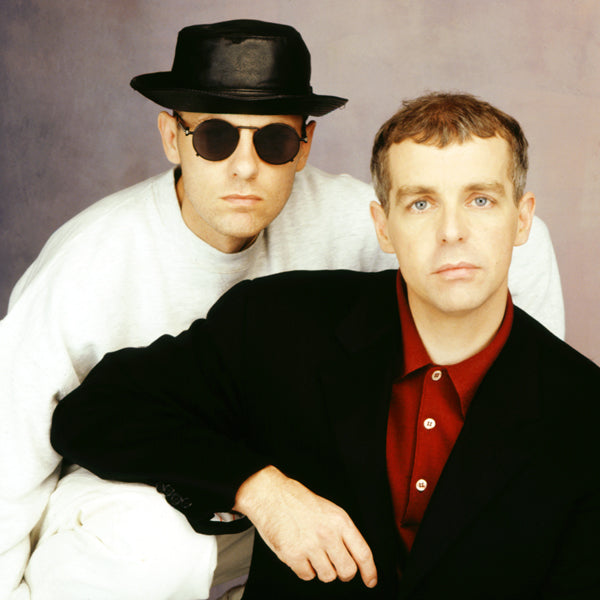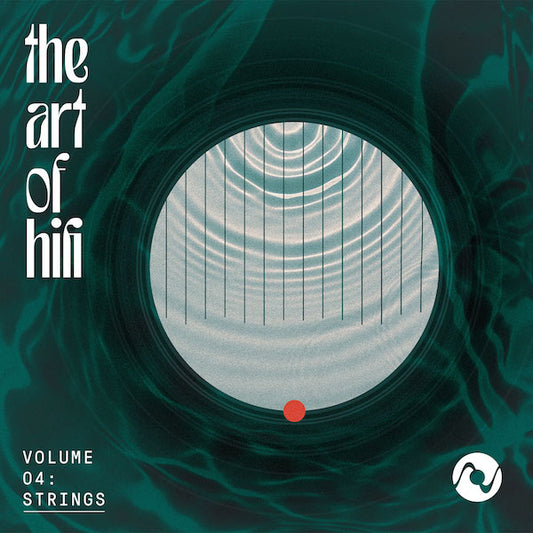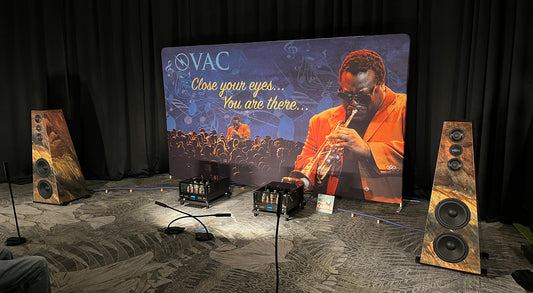Together, Neil Tennant and Chris Lowe have a distinct, even quirky approach to music. As just one example, every one of the 14 albums by their synth-pop duo, the Pet Shop Boys, has a one-word title. But more striking than that is the tongue-in-cheek wit and pop sensibility that make serious topics bubble with infectious energy.
The two met in London in 1981, drawn to each other’s love of electronic music, particularly that of Orchestral Maneuvers in the Dark and Soft Cell. Electronica veterans Kraftwerk and the newly formed Depeche Mode inspired them too. In 1982, Tennant and Lowe laid down some demo tracks under their own steam. When Tennant took a trip to New York in his role as a music editor for the magazine Smash, he handed those demos to producer Bobby Orlando (a.k.a. Bobby O).
The hi-NRG (pronounced “high energy”) style that Bobby O had developed was the precursor to synthpop, and Orlando knew the next big thing when he heard it. He agreed to produce almost a dozen tracks for the Pet Shop Boys, including “West End Girls” and “Opportunities (Let’s Make Lots of Money),” which were destined to become early hits, but only when they were re-recorded under another producer.
That producer was Stephen Hague, assigned to them in 1985 when the duo signed with Parlophone records. He produced their 1986 debut, Please. Most of its tracks were new versions of songs they’d originally done with Bobby O. One of those older songs, “A Man Could Get Arrested,” was not released until much later as a bonus track. It’s part frustrated love song and part snapshot of a troubled London.
The second album, Actually, came out in 1987. It continued Lowe’s tight, bright style of layered electronic sounds as a backdrop for Tennant’s smooth, reedy tenor voice. Two of its big UK hits, “It’s a Sin” and “Rent,” had originated in the Bobby O years.
Politics were making a mark on the duo’s music. At the time, Margaret Thatcher was the British Prime Minister; Tennant has described Actually as having a vaguely anti-Thatcher message. The specter of AIDS – and society’s denial that it was a threat – is reportedly the topic of “It Couldn’t Happen Here.” This song came about as a collaboration with iconic Italian film composer Ennio Morricone for a film Tennant and Lowe did inspired by Upton Sinclair’s anti-fascist novel It Can’t Happen Here.
With Introspective in 1988, the Pet Shop Boys partook of a record-making procedure that was becoming standard for hip hop artists: using a whole team of producers. Six, including the duo themselves, are credited on this album, which achieved success on the UK charts thanks to the singles “Domino Dancing” and “It’s Alright.” Indie film buffs will enjoy knowing that Derek Jarman provided video material that was used onstage during the album tour, and he also directed the stage show.
The Pet Shop Boys went back to a single producer, Harold Faltermayer, for Behaviour, their 1990 album recorded in Munich. There’s a noticeable change in mood on that record, exploring the sound of slower, darker ballads instead of sticking with high-energy synthpop. The album’s singles did not perform as hoped, and the change did not last. Still, it’s interesting to hear the R&B influence on “My October Symphony.”
They went back to working with Stephen Hague for 1993’s Very, which proved successful thanks to the singles “Can You Forgive Her?” and “Go West,” the latter a cover of a Village People hit. Part of the winning formula was the complexity of the arrangements, using both electronics and session musicians.
In 1996, Bilingual produced a veritable hit parade of singles, including “Red Letter Day” and “Se a Vida é (That’s the Way Life Is),” which is one of several tracks with a Latin influence. Again, much attention was devoted to developing impressive arrangements: the personnel list clocks in at nearly 40 musicians. The polyrhythms and mixture of electronics and orchestral instruments in “Up Against It” demonstrates this well.
The Pet Shop Boys then collaborated with playwright Jonathan Harvey to write the musical Closer to Heaven, which would eventually run in London for much of 2001. Two years before that, they released those songs under the show’s previous name, Nightlife. Their next studio project was Release, unusual for its unadorned use of piano and guitar, particularly by guest guitarist Johnny Marr (formerly of the Smiths).
The duo kept busy with interesting projects for the next few years. They wrote a new score for the classic silent film Battleship Potemkin and launched two new indie record labels to help out other artists. They also filled dance clubs with their remixes of dozens of hit records, such as Rammstein’s “Mein Teil” and Madonna’s “Sorry.”
In 2006 they made it back into the studio for a new Pet Shop Boys album, Fundamental, which they co-produced with Trevor Horn. There’s a lot of political material here, including criticism of religious fundamentalism (hence the title). But songs like “Casanova in Hell” are vehicles for Tennant’s wry wit, imagining the unquenchable lady’s man trapped in eternity with no libido.
The albums continued every few years: Yes in 2009, Elysium in 2012. Then the Pet Shop Boys left Parlophone and started x2, a label devoted to their own work. Their first self-published release was Electric (2013), and it sold better than any of their previous 20 years’ releases on both sides of the Atlantic. The producer was Stuart Price, a DJ himself, chosen because the duo wanted a “fresh feel” and a “dance record.” They succeeded at both.
It’s fair to say that Electric is more about the feeling than the meaning. But because the Pet Shop Boys have always been electronics innovators, a scarcity of lyrics does not add up to boring tracks. “Fluorescent,” for example, offers a panoply of sonic textures.
The Pet Shop Boys’ most recent album is Hotspot, which came out in 2020. It featured a collaboration with the young British singer Olly Alexander, whose band Years & Years has a retro-indie sound that explores early electronica and R&B. The resulting single, “Dreamland,” finds the future blending successfully with the past.
Hotspot’s best song is the haunting “Will o’ the Wisp,” which paints a memory of a past time and a past relationship, now disappeared.
Like many 1980s pop stars, Tennant and Lowe know the value of their back catalog. If remembering the Pet Shop Boys makes you nostalgic, they’re ready to help you explore those feelings. The band’s 2023 tour is called “Dreamworld: Greatest Hits Live.” So far, no US dates have been announced, but keep your eye on https://www.petshopboys.co.uk for updates.
Header image: promotional photo, courtesy of www.petshopboys.co.uk.



